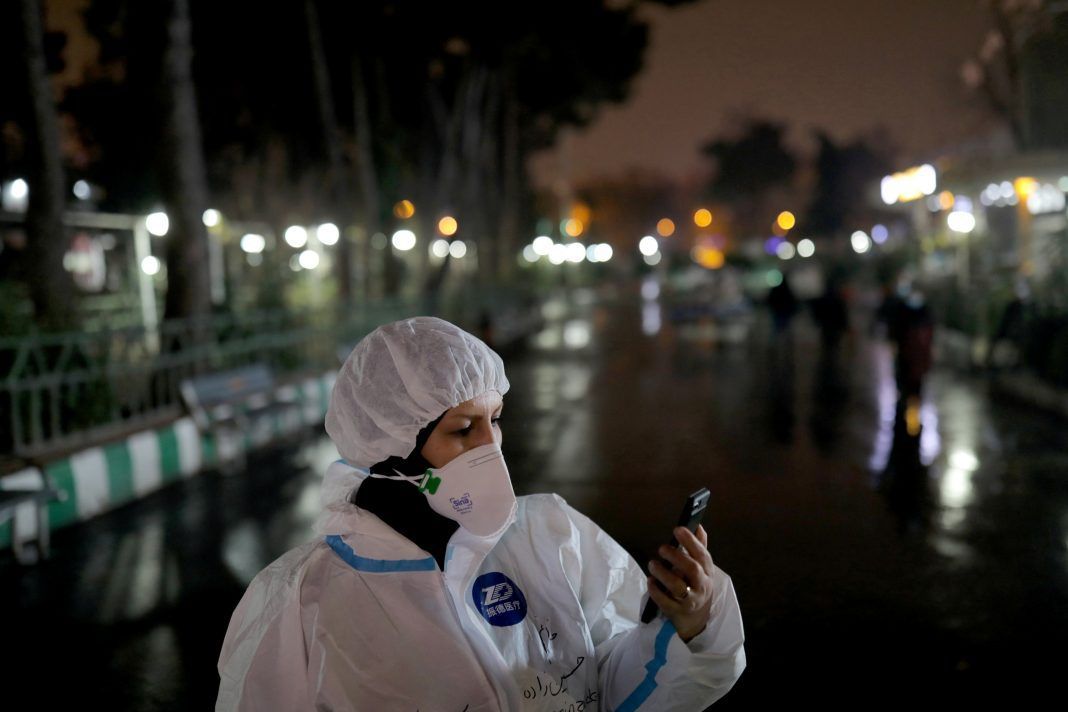REUTERS – Like thousands around the world, Iranian nurse Somayeh Hosseinzadeh spent the first 40 days of the coronavirus pandemic away from her family, while on the frontlines of a Tehran hospital.
As the Shariati hospital’s supervisory nurse, Hosseinzadeh and her colleagues provided the majority of patients’ day-to-day care, working back-to-back shifts even on vacation days as the number of hospitalised cases was on the rise daily.
The 36-year-old wife and mother also assisted in other hospitals taking care of patients infected with the disease, which she says has now become a big part of her life.
Hosseinzadeh described the first few months of the outbreak as a “war scene” where patients including elderly people and pregnant women were dying.
“The bitterest time for us is when we see the death toll of the coronavirus is increasing, and every time we see a person die, we know that he/she is a dear family member, and we feel the pain of losing a person like someone from our family died,” she said.
Still today, Hosseinzadeh’s uniform consists of a mask, double gloves, a cap, a hazmat suit, and overshoes. To remove all of these at the end of the day is a delicate and complicated process, she says, but necessary in order for her to safely go home.
Ten months since the outbreak, Hosseinzaydeh says she has a better understanding of the virus and now follows strict health protocols which allow her to see her family after a long shift.
According to Iran’s health ministry, 60 percent of nurses have been infected with the coronavirus.
Iran said last week it had received approval from United States authorities to buy coronavirus vaccines from the World Health Organisation-led COVAX alliance. It did not say which vaccines it was buying.


